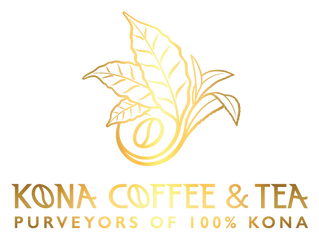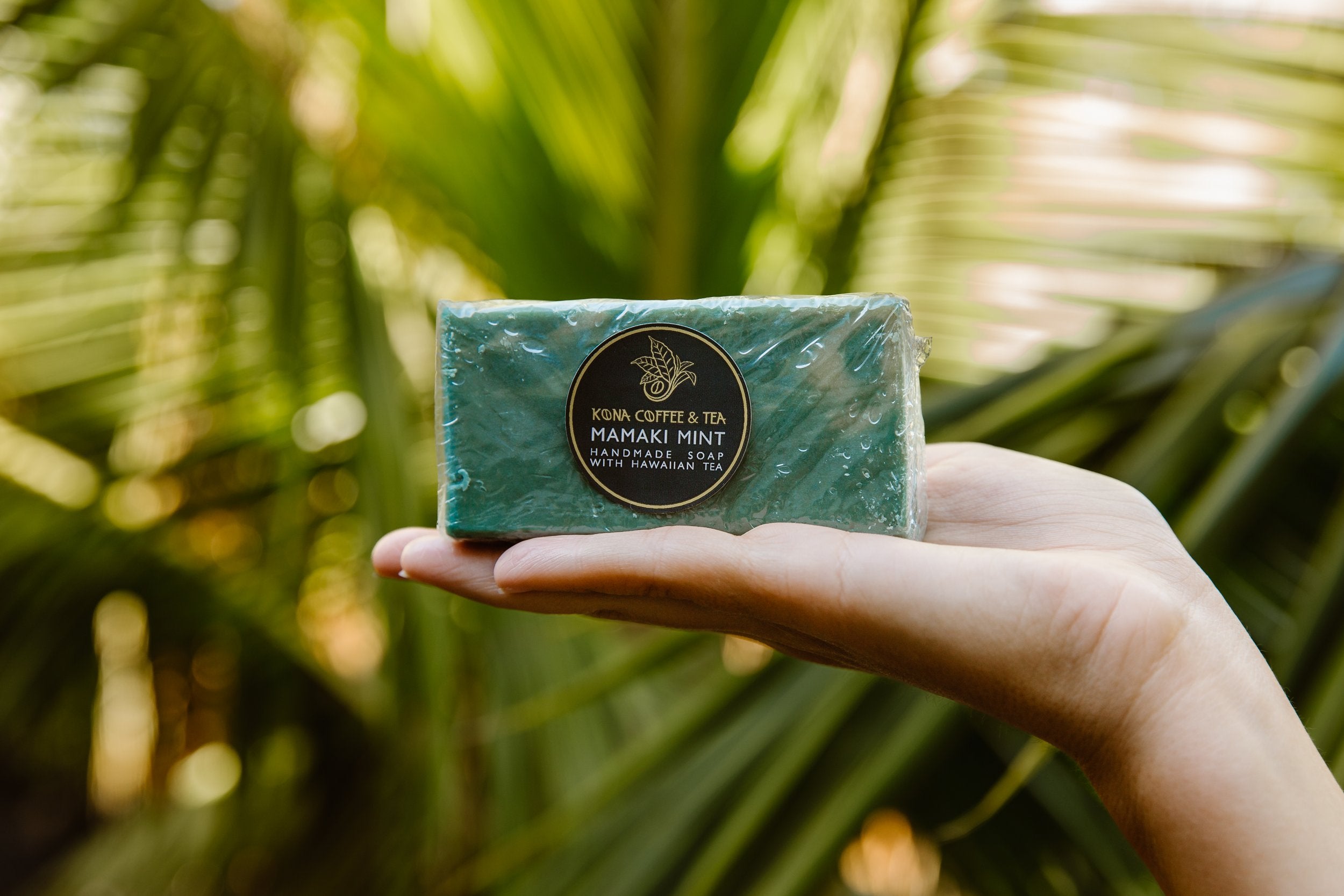What's Buzzing at the Farm's Beehives
The Hawaiian Islands are known for producing some of the world's best quality agricultural products. There is a long list including pineapple, macadamia nuts, vanilla, papaya, and of course coffee. Another agricultural product that has long been a culinary favorite of enthusiasts around the world is Hawaiian honey. The honey bee is thought to have originated in Africa and Asia and to have spread throughout the continent before being introduced to the United States in the mid 1600’s.
Referred to as “the white man's fly” by early Indigenous Americans, the honey bee is now fully established in every continent of the world except Antarctica. A world without the honey bee is now unthinkable. Essential crops around the world depend to a large extent on the pollinating power of the honey bee.
In recent years the honey bee population has come under considerable distress due to colony collapse disorder, a somewhat catch-all term for the number of colony losses affecting honey bees around the world. While the honey bee is just one of many pollinators, the dependence on them for commercial pollination is vital to a successful crop. It is believed that over a third of the world's agricultural products depend directly on pollination from the honey bee.
While it is not clear what causes colony collapse, there are steps we can all take in our everyday lives to help the honey bees survive and thrive once again.
Avoid, to the best of your ability, foods that rely heavily on pesticides and look for pesticide free alternatives or substitutes.
Plant flowering plants and trees in your garden or on your lanai. There is nothing more relaxing than watching the local pollinators moving from blossom to blossom in your garden.
Support your local small farmer and farmer's market. Small community farmers and gardeners are much less likely to use heavy pesticides, and often keep honey bees themselves.
Don’t be afraid of honey bees. Honey bees are not interested in stinging people. They only sting when they or their hive is threatened. Swatting at a bee is an act of aggression and can cause an otherwise peaceful and curious bee to become aggressive.
What’s Buzzing on the Farm
If you have ever seen a beekeeping operation, you have surely wondered what happens inside the closed boxes literally buzzing with activity. The average bee hive has around 50,000 bees. Yes, 50,000! The great majority of these bees are female worker bees with a wide range of roles including foraging bees, who work the flowers and collect nectar and pollen, and nurse bees, who stay in the hive and take care of the up to 1,500 eggs the single queen lays in a day. A very small percentage of the hive are male “drones” whose singular task is to mate with a queen. Girl power!
The forager bees collect nectar from flowering plants and trees within a three- to five-mile radius of the hive. The nectar is then converted to honey and stored in the hive. Honey bees produce excessive amounts of honey as long as they have space to store it and an ample supply of nectar. This enables the beekeeper to remove honey without threatening the survival of the colony. In warmer climates like Hawaii, where the bees do not need additional resources to get them through a cold winter, the great majority of the honey produced is surplus. Here are some photos of the hives on our farm.




KONA COFFEE & TEA’s HONEY
Kona Coffee & Tea has hundreds of hives scattered throughout the family farm’s over 500 acres. Thanks to Hawaii’s unique climate there is always something blooming in the area, giving the bees plenty of resources for producing sweet, flavorful honey. The unique tropical sweetness and continual flow is what makes Hawaiian honey so unique and sought after.
For our special “Kona Snow” honey, we harvest honey from the hives just before the coffee trees blossom, also known as “Kona Snow,” and again after the coffee cherries begin to form little buds. The honey collected during this time when Kona Snow blossoms on our farm is harvested separately in order to provide the one-of-a-kind Kona Snow Honey available at our café and on our website. The subtle hints of jasmine and neroli reflect the wondrous perfume you experience during the Kona Snow on the farm.
We are committed to maintaining and encouraging environmental and ecological health and prosperity from seed to cup. Having honey bees on the farm is a mutually beneficial relationship, where the bees receive ample resources as well as proper care and maintenance, while we receive the benefits of pollination and honey they produce. While the honey bee may not have originated in Hawaii or America, no one would deny that they have become an essential part of the biodiversity essential to the health and prosperity of nature worldwide.
Our passion for 100% Kona Coffee is parallel with our passion for the health and prosperity of the islands and nature. We are buzzing with excitement anytime we find ways to honor nature in our daily work. Nothing brings that better into perspective, perhaps, than our relationship with the honey bees on the farm.
Order 100% Kona Coffee Right to Your Door!
Our 100% Kona coffee is roasted and shipped daily from our single-estate farm.
Save 10% on all subscription items
30 and 60-day options available
3-order minimum fulfillment required















